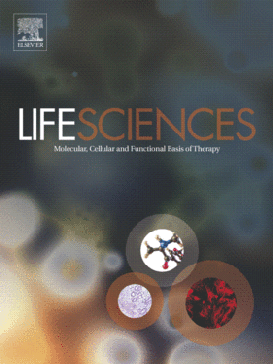“Spasticity, one of the main symptoms of multiple sclerosis (MS), can affect more than 80% of MS patients during the course of their disease and is often not treated adequately.
δ-9-Tetrahydrocannabinol-cannabidiol (THC-CBD) oromucosal spray is a plant-derived, standardized cannabinoid-based oromucosal spray medicine for add-on treatment of moderate to severe, resistant multiple sclerosis-induced spasticity.
This article reviews the current evidence for the efficacy and safety, with dizziness and fatigue as the most common treatment-related adverse events, being mostly mild to moderate in severity.
Results from both randomized controlled phase III studies involving about,1600 MS patients or 1500 patient-years and recently published studies on everyday clinical practice involving more than 1000 patients or more than,1000 patient-years are presented.”
http://www.ncbi.nlm.nih.gov/pubmed/26788128
http://www.ncbi.nlm.nih.gov/pmc/articles/PMC4710104/
http://www.thctotalhealthcare.com/category/multiple-sclerosis-ms/


